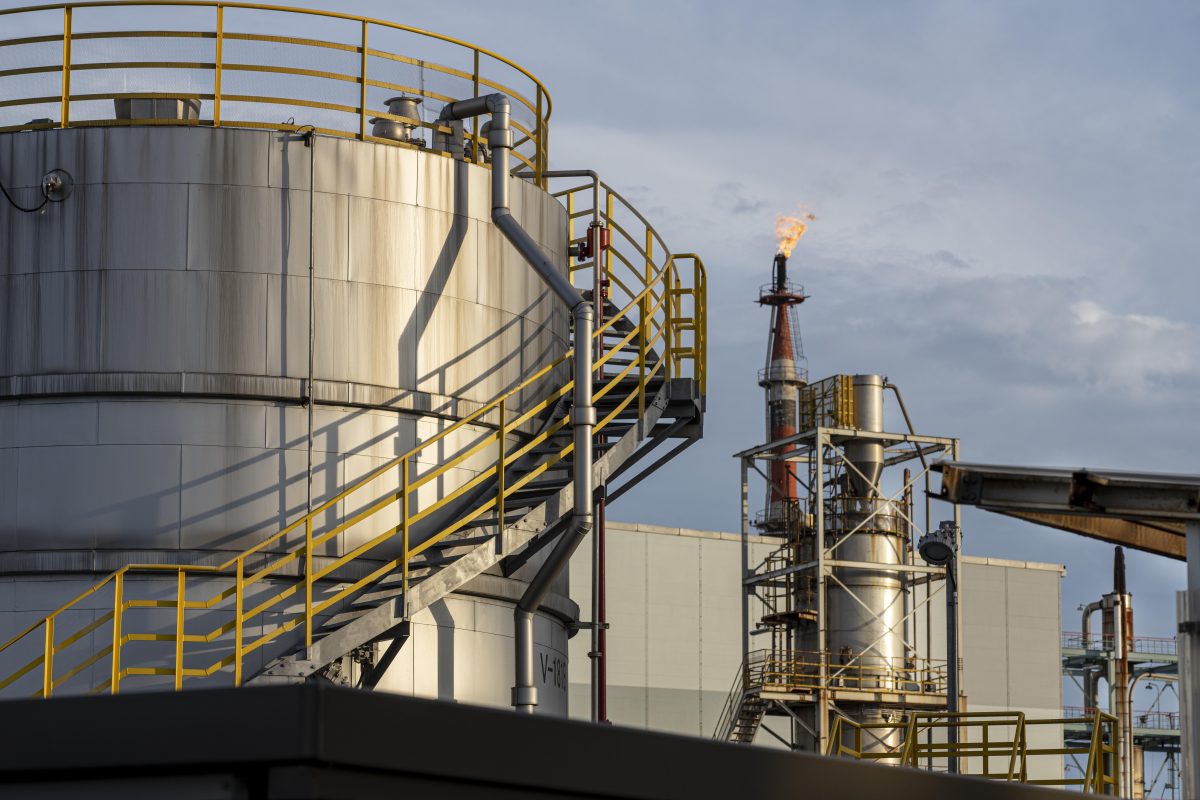APA Corporation cites higher tax burdens and regulatory uncertainties as primary reasons for the decision.
In a significant development for the UK’s North Sea oil industry, Apache Corporation, a prominent U.S.-based oil producer, has announced plans to cease production at its North Sea assets by 2030. This decision follows the UK government’s recent increase in the Energy Profits Levy (EPL), a windfall tax on oil and gas operators, which the company says makes continued operations financially unfeasible.
Higher Windfall Tax Puts Pressure on Operators
APA Corporation, Apache’s parent company, detailed in its latest SEC filing that the revised EPL rate—set to rise from 35% to 38% effective November 1, 2024—was a critical factor in its decision. This tax increase comes alongside the removal of a 29% investment allowance, a measure that had previously offset costs for new developments. These tax changes were confirmed in the Labour government’s recent Autumn Statement and extend the EPL’s expiration date to March 2030, a year beyond its initial end date.
With these adjustments, APA stated, “The Company determined the expected returns do not economically support making investments required under the combined impact of the regulations, and it will cease production at its facilities in the North Sea prior to 2030.”
North Sea Operators Face Mounting Regulatory and Financial Uncertainty
The EPL was initially introduced in 2022 by the UK’s Conservative government as a means to capture more revenue from high energy profits amid the global energy crisis. However, the fluctuating tax rate and investment restrictions have spurred industry concerns about the viability of long-term projects in the North Sea. Operators argue that the lack of a consistent regulatory framework discourages investments, and with increased taxation, maintaining a sustainable business model in the region becomes challenging.
Apache’s announcement echoes broader concerns from other North Sea operators, who warn that reduced investment will ultimately force the UK to rely more heavily on imported oil and gas, increasing energy costs and dependency on foreign markets.
Apache’s Shift in Strategy After 20 Years in the North Sea
Apache entered the North Sea in 2003, acquiring a 97% interest in the Forties Field, one of the region’s largest fields. The company expanded its portfolio with operated interests in the Beryl, Ness, Nevis, Nevis South, Skene, and Buckland fields, as well as non-operated stakes in the Maclure and Nelson fields. However, in light of the EPL’s impact, Apache redirected its North Sea strategy in early 2023 to focus on asset safety and integrity instead of new production, halting all new drilling activities in the second quarter of the year.
With Apache now planning to exit the region, it joins a growing list of companies reassessing their North Sea operations under the weight of increased taxation. The company’s Q3 financial results underscored this reallocation of resources, aligning with APA’s broader focus on optimizing investment returns across its global portfolio.
A Dilemma for the UK: Balancing Revenue with Energy Security
As more operators reconsider their commitments to the North Sea, the UK government faces a complex dilemma. The increased EPL, while generating substantial tax revenue, risks driving away investment and talent from one of the UK’s key energy sources. Analysts warn that continued reductions in domestic production could lead to higher energy costs, as well as greater dependency on oil and gas imports, which could subject the UK to price volatility and potential supply risks.
Apache’s decision serves as a stark reminder of the delicate balance required to maintain both industry stability and energy security. For policymakers, this will likely add pressure to create a more predictable regulatory environment that incentivizes domestic production while still addressing the need for public revenue.
Source:Charles Kennedy for Oilprice.com, Published: Nov 8



